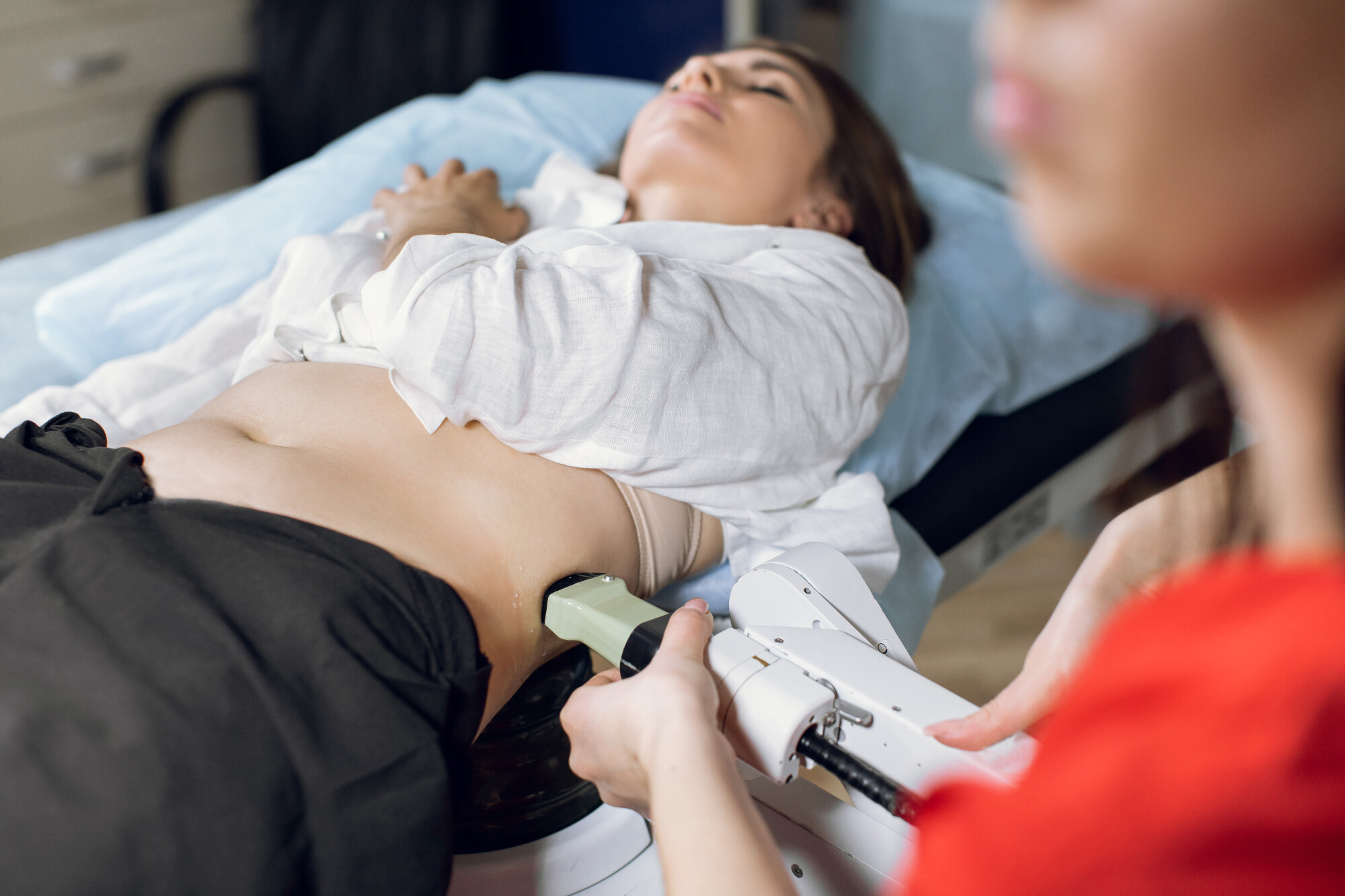Did you know that over 600,000 people in the United States experience kidney stones each year? These painful formations can lead to a grim scenario if they travel down the urinary tract and get stuck.
Getting kidney stones can be an unfortunate yet common occurrence. Preventing them, on the other hand, is a lot easier.
If you’re wondering how to prevent kidney stones, our guide has everything you need to know. Keep reading to learn how you can keep mild cases of this painful medical problem at bay.
When it comes to understanding the best measures to avoid a painful medical condition, explore how to prevent kidney stones.
What Are Kidney Stones?
What are kidney stones? Kidney stones are deposits of minerals and acid salts that form inside your kidneys. Kidney stones can start out small but grow to fill the inner hollow structures of the kidney, causing severe pain if they become large enough.
The kidney stone can occasionally travel down the ureter. The ureter is the tube that connects the kidney to the bladder.
If the stone reaches the bladder, it can be excreted in the urine. When a stone becomes lodged in the ureter, it obstructs the flow of urine from that kidney and causes pain.
What Are Kidney Stones Made Of?
The most common type of kidney stone is calcium stones. Calcium stones are classified into two types: calcium oxalate and calcium phosphate. The most common type of calcium stone is calcium oxalate.
Struvite stones are a rare type of stone. Chronic urinary tract infections are linked to these stones (UTIs). Some bacteria change the pH of urine, making it less acidic and more basic or alkaline.
Alkaline urine causes the formation of magnesium ammonium phosphate (struvite) stones. These stones are frequently large, have branches, and grow quickly. People who have chronic UTIs, such as those who have long-term tubes in their kidneys or bladders, or those who have poor bladder emptying due to neurologic disorders (paralysis, multiple sclerosis, and spina bifida), are more likely to develop these stones.
Cystine is an amino acid found in a variety of foods and is one of the building blocks of protein. Cystinuria is a rare, inherited metabolic disorder characterized by an excess of cystine in the urine.
It occurs when the kidneys fail to reabsorb cystine from urine. Stones form when there is a high concentration of cystine in the urine. Cystine stones frequently form in childhood.
Symptoms of Kidney Stones
Symptoms of kidney stones can include severe pain, nausea, vomiting, and even fever and chills. Kidney stones typically do not cause any symptoms until they become large enough to block the ureters or pass into the bladder.
When this happens, you may experience pain in the abdomen or groin, bloody urine, or difficulty urinating. If you experience any of these symptoms, contact your doctor immediately.
Causes and Risk Factors of Kidney Stones
Preventing kidney stones starts with knowing what causes them. Kidney stones are caused by a buildup of crystals in the urine that forms into lumps. The most common type of crystals are made of calcium, but stones can also be made of struvite, uric acid, or cystine.
Kidney stones can develop as a result of a number of factors. Consistently low urine volume is a major risk factor for kidney stones. Low urine volume can be caused by strenuous exercise, working or living in a hot environment, or not drinking enough fluids.
Diet can also influence the likelihood of developing a stone. Because oxalate is a component of the most common type of kidney stone (calcium oxalate), consuming oxalate-rich foods can increase your risk of developing these stones.
Food to avoid for kidney stones, such as beef, fish, chicken, and pork, can raise acid levels in the body and in the urine. High acid levels facilitate the formation of calcium oxalate and uric acid stones. The breakdown of meat into uric acid increases the likelihood of both calcium and uric acid stones forming.
Natural Remedies for Kidney Stones
There are a few natural remedies that can help you know how to prevent kidney stones. Drinking plenty of fluids, especially water, is one of the best ways to prevent kidney stones. Other fluids such as lemonade and cranberry juice can also help.
Often, all you have to do is wait for the stone to pass. Smaller stones are more likely to pass on their own than larger stones.
Waiting up to one to three weeks for the stone to pass is safe as long as the pain is manageable, no signs of infection are present, the kidney is not completely blocked, and the stone is small enough to pass. You should drink plenty of water while you wait for the stone to pass. When you are in pain, you may require pain medication.
A diet high in calcium, magnesium, and citrate can aid in preventing the formation of stones. Also, staying active can keep your urine moving and stop stones from forming.
Listen to Your Body
Your kidneys are essential for many of your body’s functions, including filtering your blood and producing urine. Kidney stones can develop when your urine contains too many certain substances, such as calcium, oxalate, and phosphorus.
Your kidneys are very important to your overall health. They are responsible for filtering your blood and producing urine. Kidney stones can develop when your kidneys are not able to properly filter your blood.
If you are susceptible to kidney stones, it’s important to listen to your body and take steps to prevent their formation. By staying hydrated and limiting your intake of certain foods, you can help keep your kidneys healthy and free of stones.
Drink Plenty of Fluids
One of the most important things to do is to drink plenty of fluids. This helps to keep your urine diluted and less likely to form stones.
You should aim for at least 8 glasses of water per day. Other fluids, such as juices and soups, can also help.
Avoid sugary and artificially sweetened drinks. Instead, choose beverages like lemonade, cranberry juice, and tomato juice to help keep your urine diluted. When urine concentrations are high, kidney stones are more likely to form.
Eat a Healthy Diet
Kidney stones are often the result of an unhealthy diet. Eating a diet that is high in fat, sugar, and salt can increase the risk of developing kidney stones. If you’re already suffering from kidney stones, there are treatments available to help relieve the pain and get rid of the stones, but it is best to prevent them in the first place.
One way to prevent kidney stones is to eat a healthy diet. A healthy diet includes plenty of fruits, vegetables, and whole grains and limits salt, sugar, and animal protein. Eating a healthy diet helps to prevent kidney stones by keeping the urine diluted and reducing the amount of calcium and oxalate in the urine.
Avoid Certain Medications
There are some medications that can increase your risk of kidney stones. If you take these medications, be sure to drink plenty of water throughout the day and talk to your doctor about other options.
Medications that can cause kidney stones include non-steroidal anti-inflammatory drugs such as ibuprofen and naproxen, calcium-based antacids, certain diuretics, such as hydrochlorothiazide, and certain antibiotics, such as ciprofloxacin and gentamicin. To prevent kidney stones, avoid taking these medications if possible. If you must take them, be sure to drink plenty of water and talk to your doctor about other options.
Get Regular Checkups
If you are experiencing symptoms of kidney stones, make an appointment to see your doctor or Urology Center for kidney stone prevention. Early detection and treatment can help prevent more serious problems. Your doctor will ask about your symptoms, medical history, and family history.
They will also do a physical exam. Tests that may be done include a urine test, blood test, and imaging tests. Treatment depends on the size of the stone, the type of stone, and the cause.
If you have kidney stones or have a family history of kidney stones, it is critical to have regular checkups. Your doctor can assist you in making lifestyle changes that may prevent the formation of kidney stones or assist you in managing them if they do occur.
It is critical to have regular checkups if you are prone to kidney stones. This will allow your doctor to monitor your kidney function and, if necessary, adjust your treatment plan.
Tips to Prevent Kidney Stones
If you are at risk for kidney stones, there are several things you can do to prevent them. Drink plenty of fluids, especially water, and avoid dehydration. Eat a healthy diet that includes calcium-rich foods and avoid foods that are high in oxalates.
Limit your intake of salt, sugar, and animal protein. And if you have a history of kidney stones, your doctor may prescribe medication or recommend other measures to prevent their recurrence. Follow these tips to prevent kidney stones from forming.
Do you want to read more blogs like this one? If so, be sure to bookmark us and check back often!




